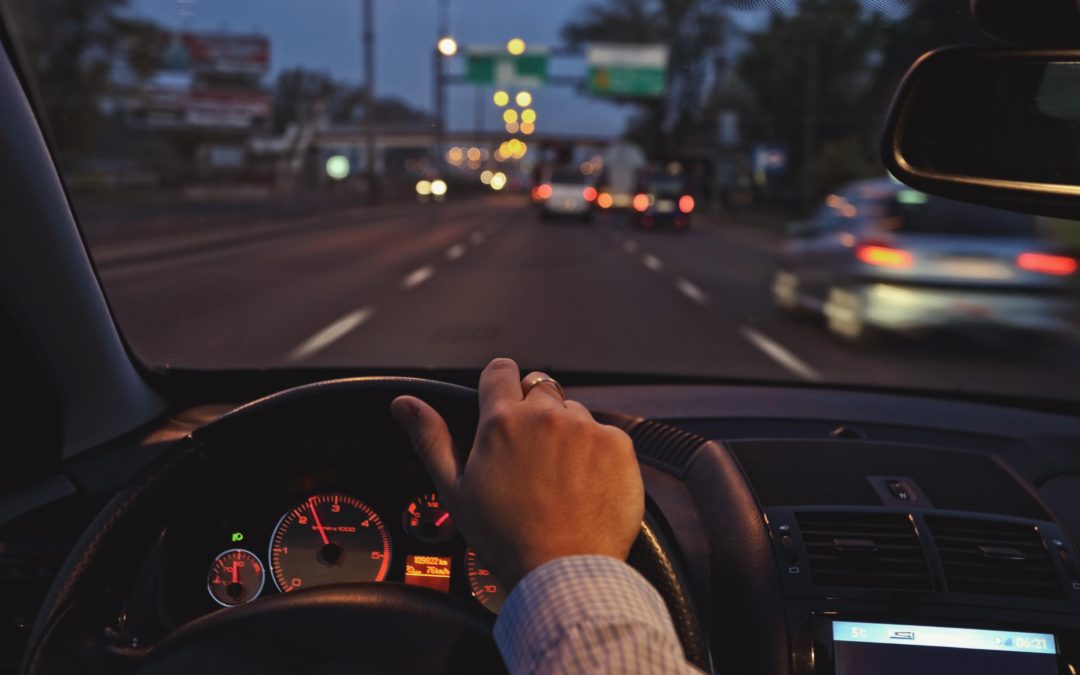Are drivers being properly and thoroughly screened?
If you stay on top of the news, you may have heard the buzz about how the well-known ride-sharing company Uber has been in the hot seat as of late, accused of misleading customers with false claims of industry-leading background screenings. While they do perform background checks on their drivers, it’s been discovered by the district attorneys of San Francisco and Los Angeles that Uber’s checks are less than industry-leading. In fact, the company has hired several drivers who have convictions that include drunk driving, kidnapping, assault, murder, driving under a different name, and more.
Those who oppose Uber and their main competitor Lyft, are striving for regulations that require these companies to run the same kind of background checks that taxi companies do, because if Uber had, they would have most certainly rejected those drivers with such shady pasts. And while nothing is foolproof, the ultimate issue when it comes to background checks in this case is safety. With that in mind, here’s a look at what type of screening Uber is required to run on their applicants and why it may simply not be sufficient.
Uber uses name-based background checks
While Uber continues to make misleading claims about the level and integrity of their background checks, the process they use does not include fingerprint checks, which to many is a big mistake and the reason that several drivers with criminal records were able to get through undetected.
According to the argument of the two DA’s from California, if Uber had used Live Scan finger-print based screening, the records of these applicants would have been revealed.
Live Scan Fingerprinting is becoming an industry standard for many businesses and with good reason. It allows the applicant’s fingerprints to be electronically transmitted to the Department of Justice for a completion of a criminal record check. Live Scan offers numerous advantages over traditional fingerprinting services in addition to the ease and speed of transmission. It also eliminates the issues with smudging and smearing.
But Uber doesn’t require fingerprinting at all. Unfortunately, they are not legally obligated to do so because they fall into a different category of ride services that don’t provide on-the-street, flag-down services like taxis. That is one of the main issues of contention. Instead, they use a name-based screening service that basically includes a social security trace to identify addresses associated with their applicants and a criminal background check that goes back seven years.
Are taxi companies any better?
The requirements to become a taxi driver include taking a specific course and passing a test and submitting to a Live Scan fingerprinting, a criminal background check, a drug and alcohol check, and providing documentation of your driving record that dates back 10 years. Unlike the Uber process, taxi companies vet their drivers based on a thorough background check and fingerprinting which helps reduce the possibility of hiring those who have a felony or any other unscrupulous and potentially dangerous activity in their past. Although not foolproof, this process is certainly more rigorous than Uber’s. And although Uber representatives criticize the method that taxi companies use and tout their own as industry-leading, when incidents happen, Uber’s lax background screening policies need to be addressed.
The business of background checks is complex and anything but cut and dry. The reality is, when you’re using a service such as Uber or riding in a taxi, you need to be able to know that you are safe and in good hands. When incidents hit the headlines, it brings much needed attention to the screening policies of these and other similar companies.
If you’re in need of any background check services, get in touch with us today. We provide Level II Live Scan fingerprinting in addition to a wide array of individual screening services and industry-specific background checks.

